News
Stay informed with the latest updates, news, and expert insights on skin cancer care.
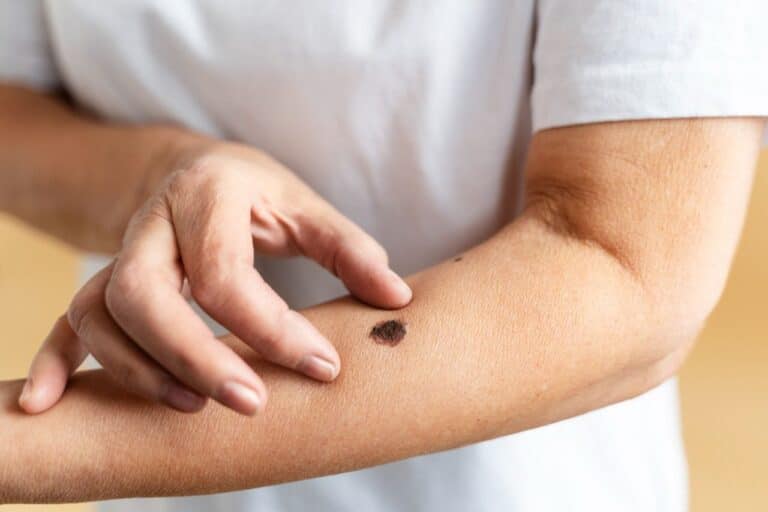
Your Skin Cancer Prevention Plan: Creating a Personalised Strategy with PDT and Fraxel
By now, you have learned about the remarkable potential of Photodynamic Therapy (PDT) and Fraxel 1940 laser technology for preventing skin cancer and maintaining optimal skin health. You understand the science behind these treatments, the evidence for their effectiveness, and the various clinical applications. However, the question that likely remains is: how do I determine
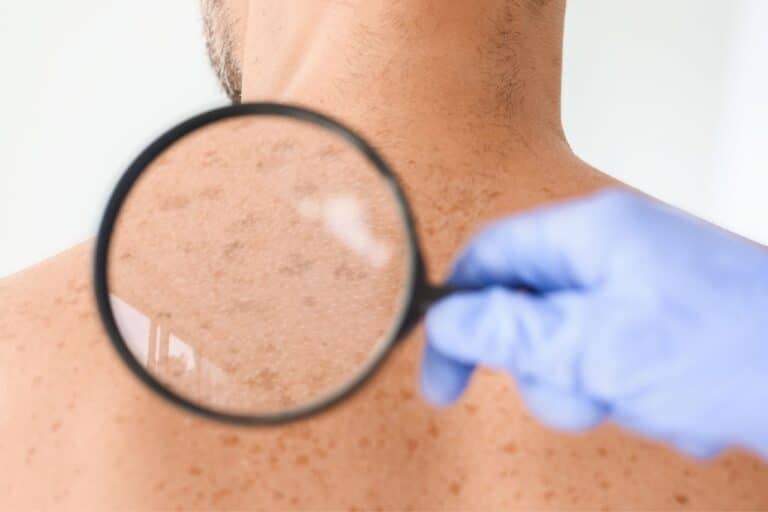
Treating Extensive Photodamage: Comprehensive Skin Cancer Prevention Strategy
For many Australians, particularly those who have spent decades working outdoors or enjoying the sun, the cumulative effects of UV radiation have resulted in extensive photodamage affecting large areas of the skin. This condition, characterised by widespread actinic keratoses, dyspigmentation, wrinkles, and laxity, represents a significant risk factor for the development of multiple skin cancers.

Photodynamic Therapy and Collagen Remodelling: Rebuilding Healthy Skin
When we think about skin cancer prevention, we often focus on the elimination of abnormal cells and the prevention of malignant transformation. However, there is another crucial dimension to skin health that is equally important: the quality and integrity of the skin’s structural components. Collagen, the most abundant protein in the skin, provides the structural
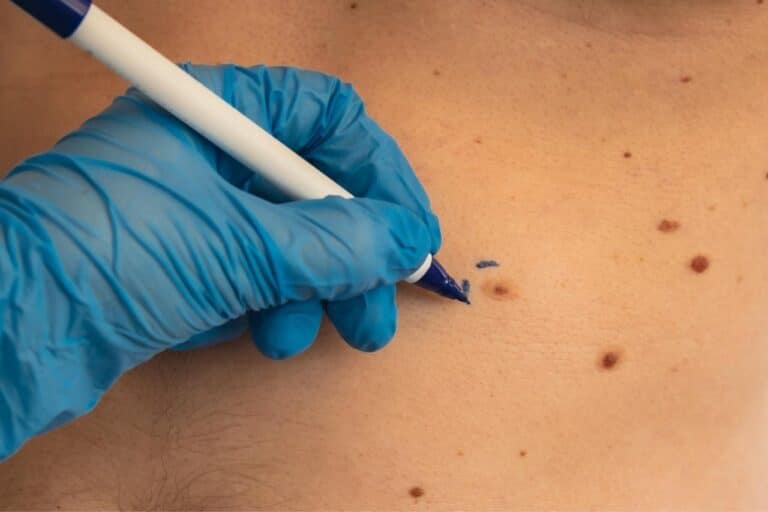
The Immunological Revolution: How Fractional Laser Changes Skin’s Ability to Prevent Cancer
For decades, our approach to skin cancer prevention has been largely passive: we advised patients to use sunscreen, avoid sun exposure, and seek early treatment when suspicious lesions appeared. Whilst these strategies remain important, recent research has revealed a remarkable new dimension to skin cancer prevention that challenges our traditional understanding. Fractional laser technology, particularly
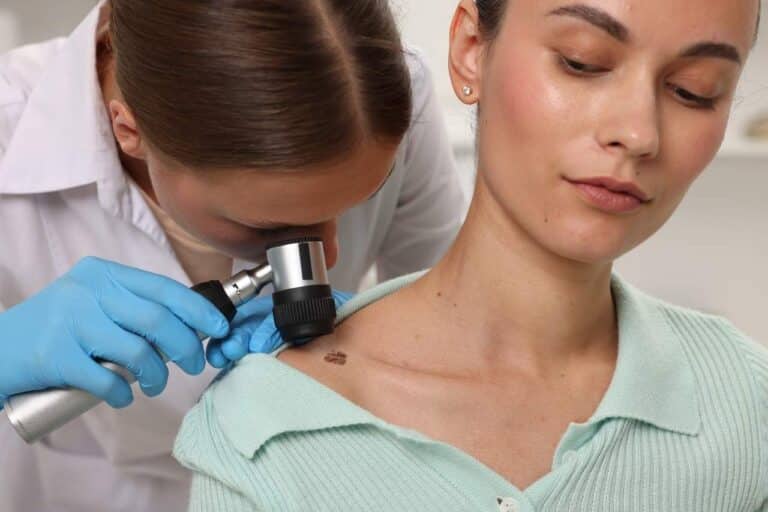
Intraepidermal Carcinoma and Bowen’s Disease: PDT as a First Line Treatment
When discussing skin cancer, most people think of melanoma or basal cell carcinoma. However, there is another category of skin malignancies that, whilst less commonly discussed, represents an important clinical concern and an excellent opportunity for early intervention. Intraepidermal carcinoma, also known as squamous cell carcinoma in situ or Bowen’s disease, is a precancerous lesion
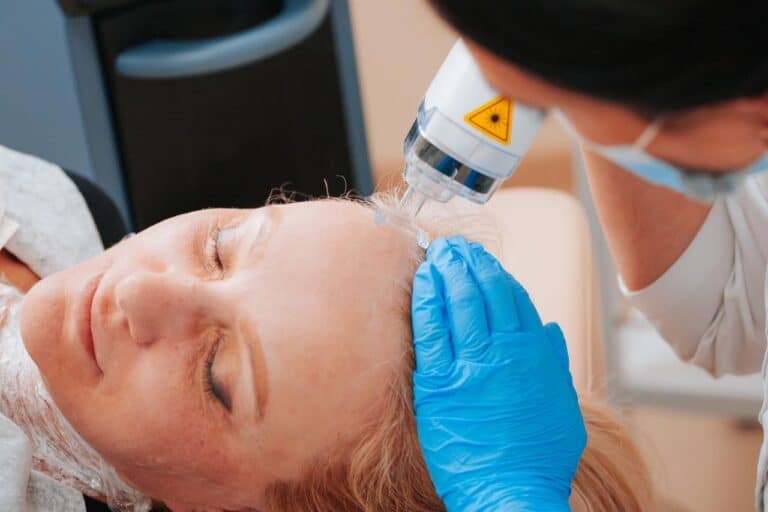
Superficial Basal Cell Carcinoma: Early Treatment with PDT and Fraxel
The diagnosis of basal cell carcinoma (BCC) can be alarming, but it is important to understand that not all skin cancers are created equal. Superficial basal cell carcinoma, which accounts for approximately 15 to 35% of all BCCs, is the least aggressive form of this cancer and, when detected early, can often be treated with
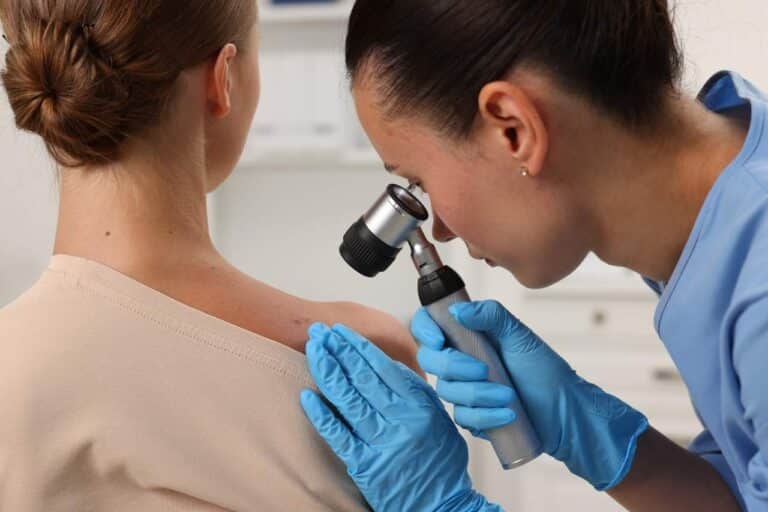
Combining PDT and Fraxel Laser: A Synergistic Approach to Skin Cancer Prevention
In the pursuit of optimal skin health and comprehensive skin cancer prevention, the combination of two powerful technologies Photodynamic Therapy (PDT) and the Fraxel 1940 non ablative fractional laser offers a synergistic approach that is greater than the sum of its parts. This combination, known as laser assisted PDT, represents the cutting edge of non

The Fraxel 1940 Laser: How Fractional Laser Technology Prevents Skin Cancer
In recent years, the field of dermatology has witnessed a paradigm shift in our understanding of how laser technology can be used not just to treat existing skin conditions, but to actively prevent the development of skin cancer. At the forefront of this revolution is the Fraxel 1940 non ablative fractional laser, a sophisticated technology
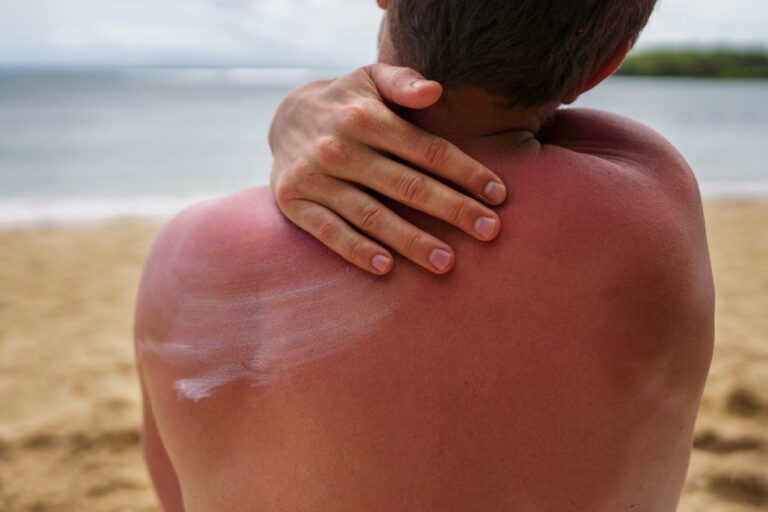
Actinic Keratosis: Your First Warning Sign and How PDT Can Help
Living under the brilliant Australian sun is a quintessential part of our culture, but it comes with a responsibility to be vigilant about our skin’s health. One of the most common signs of cumulative sun damage is the appearance of actinic keratosis, often referred to as solar keratosis. These small, scaly patches of skin may

